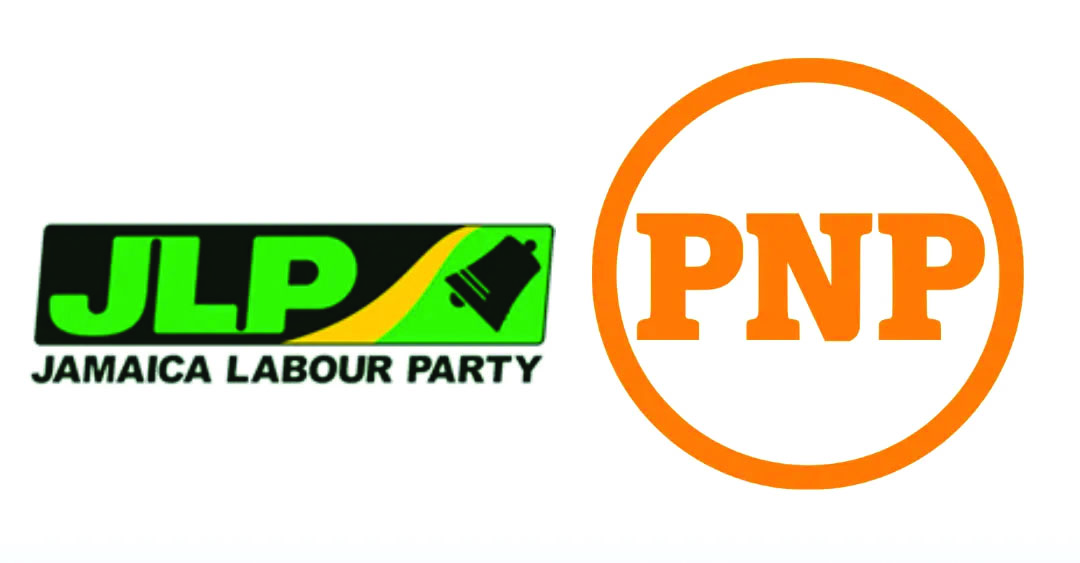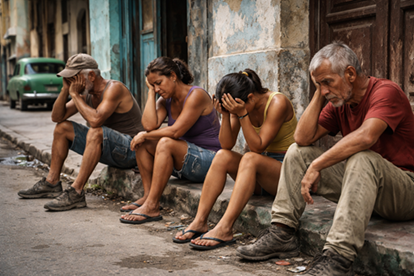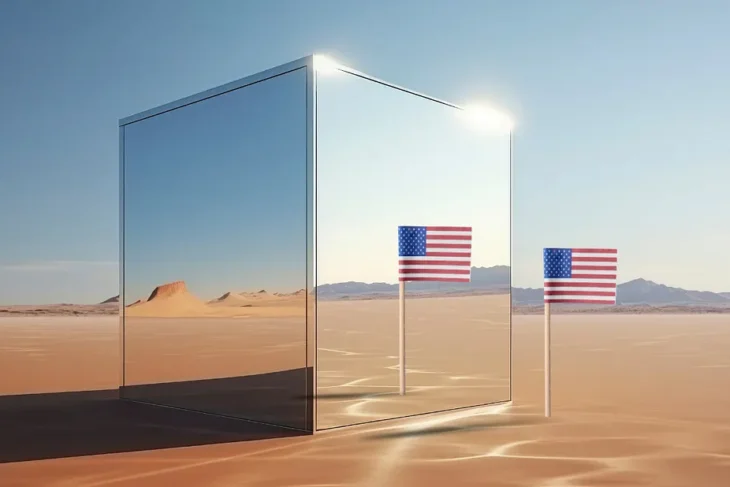
Imagine Jamaica as a big family with two teams, the Greens and the Oranges. These teams aren’t just about sports or hobbies; they’re deeply rooted in the island’s history and culture. The Greens and the Oranges represent two distinct political parties that have dominated Jamaican politics for decades.
This tribalism isn’t just about party affiliations; it’s a way of life. People often choose their political allegiance based on their family’s history, their community’s traditions, and even their personal beliefs about what’s best for Jamaica. It’s like inheriting a team jersey from your parents and wearing it with pride.
But why is this tribalism so strong? One reason is the island’s history. Jamaica was a British colony, and the political parties that emerged, often aligned with different social and economic groups. The Greens, for example, were often associated with the working class and rural communities, while the Oranges were seen as the party of the middle and upper classes.
Another factor is the island’s size and isolation. Jamaica is a relatively small country, and people tend to know each other well. This can make it difficult to break free from the tribal loyalties that have been passed down through generations.
The tribal nature of Jamaican politics has both positive and negative consequences. On the one hand, it can foster a sense of community and belonging. People who feel strongly about their political party are often more likely to be active in their communities and participate in the democratic process.
On the other hand, tribalism can also lead to polarization and conflict. When people are so deeply divided along political lines, it can be difficult to find common ground and to work together for the good of the country.
So what can be done to break down this tribalism and create a more united Jamaica? One possibility is to promote political education and awareness. By teaching people about the political system, the roles of elected officials, and the importance of civic engagement, we can encourage more informed and thoughtful voting.
Another approach is to foster independent thought and critical thinking. Encouraging people to think for themselves and question the status quo can help break down the tribal loyalties that often drive political decisions.
Finally, we can work to promote unity and national pride. Instead of focusing on our differences, we can emphasize the shared history, culture, and goals of all Jamaicans. By celebrating what unites us, we can create a stronger and more cohesive nation.
The tribal nature of Jamaican politics is a complex issue with no easy solutions. However, by promoting education, independent thought, and unity, we can work towards a more inclusive and democratic future for Jamaica.



